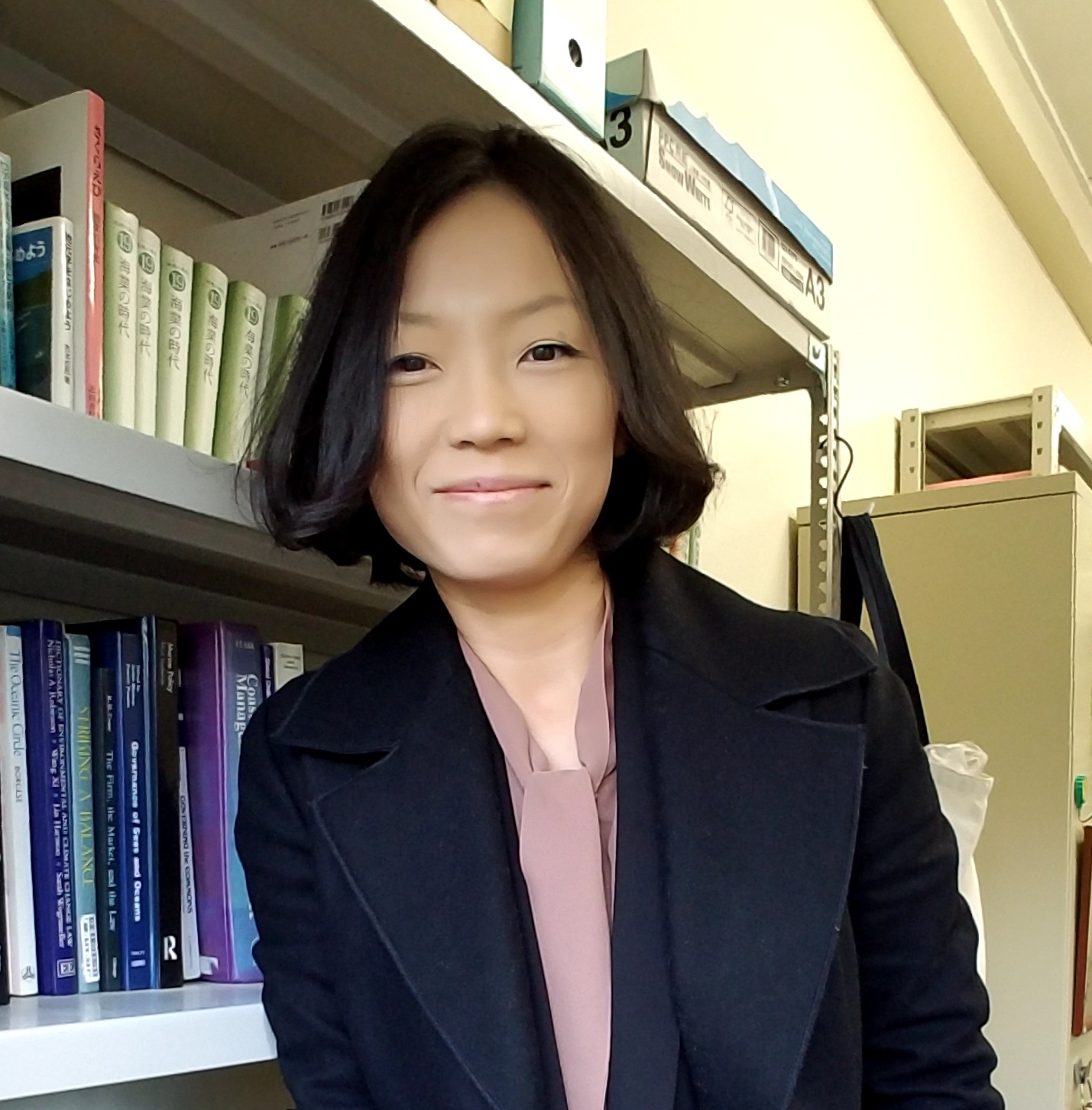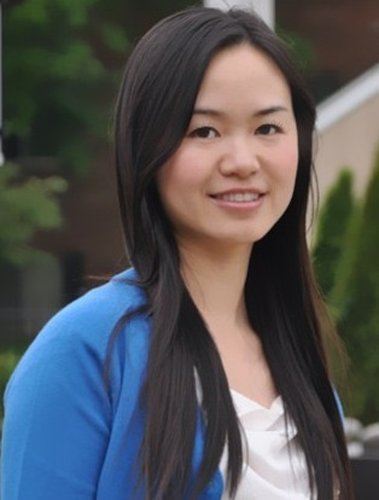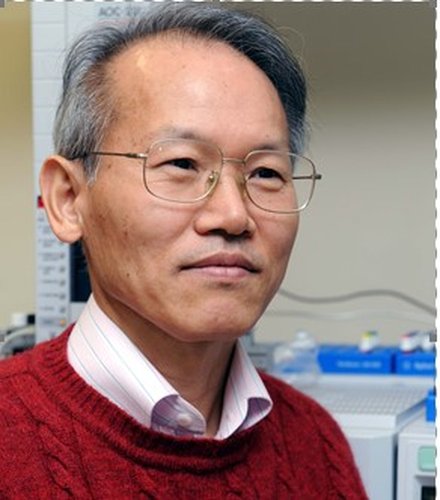A half-day training programme will be organised on 19 September 2018. This aimed to provide early career scientists and students with information on the latest progress in IMBeR related research on the interactions between human and ocean systems.Published 08.11.2018 – Updated 08.11.2018
Global change is occurring now, often with consequences far beyond those anticipated. Marine ecosystems in particular face multiple challenges from global change, induced by natural and anthropogenic stressors, which affect their ability to function and deliver goods and services to humankind (Bundy et al. 2016*). Needless to say, it’s urgently necessary to create effective and efficient social responses to the global change in marine systems. To this end, the IMBeR HDWG training course aims to provide early career scientists and students with information on the latest progress in IMBeR related research on the development of a new concept of social responses to the global change in marine systems by presenting an integrated assessment framework-IMBeR-ADApT (Assessment based on Description, Responses and Appraisal for a Typology) and its related studies. In the training course, four lectures will be given by experts from China, Japan and Korea and a facilitated discussion will follow. Participants are highly encouraged to take a look into IMBeR-ADApT template in advance and try to bring a case study to the training course for discussion.
Webpage for IMBeR-ADApT template:
*Bundy A., Chuenpagdee R., Cooley S.R., Defeo O., Glaeser B., Guillotreau P., Isaacs M., Makino M. and R.I. Perry (2016), A decision support tool for response to global change in marine systems: The IMBER-ADApT Framework, Fish and Fisheries 17(4): 1183-1193.
Lecturers
 | Dr. Yinji LiMember of IMBeR Human Dimensions Working GroupSchool of Marine Science and Technology, Tokai University Shizuoka, JapanSocial and economic coastal management issues | |
 | Dr. Mitsutaku MakinoAssociate Member of IMBeR Human Dimensions Working GroupNational Research Institute of Fisheries Science, Yokohama, JapanPolicy and economics | |
 | Dr. Ling CaoShanghai Jiao Tong University, ChinaMarine Conservation and Sustainable Fisheries | |
 | Dr. Gi Hoon HongKorean Environment Safety Institute Co. Ltd Past Director of KIOST, Korea ECNU’s Overseas High Level ExpertLow temperature geochemistry Environmental radioactivity Science based international marine environment protection policy formulation |
Program
THE IMBeR HDWG Training Course:
Responses of society to global changes in marine system
East China Normal University, Shanghai, China
2:00-5:30 pm, 19 September 2018
| 2:00 – 2:10 【Opening】 |
| 1. [2:00-2:05] Welcome speech Dr. Ying Wu, Member of IMBeR SSC, East China Normal University, China |
| 2. [2:05-2:10] Opening remarks Dr. Yinji Li, Member of IMBeR HDWG, Tokai University, Japan |
| 2:10 – 3:00 【Part 1: Potentiality of IMBeR-ADApT】 |
| 1. [2:10-2:30] Introduction of IMBeR HDWG and IMBeR-ADApT Dr. Yinji Li, Member of IMBeR HDWG, Tokai University, Japan |
| 2. [2:30-3:00] Dr. Mitsutaku Makino, Associate member of IMBeR HDWG, Japan Fisheries Research and Education Agency, Japan |
| 3:00 – 4:30 【Part2: Responses of society to global changes in marine system】 |
| 1. [3:00-3:30] Role of Aquaculture in food security and climate mitigation Dr. Ling Cao, Shanghai Jiao Tong University, China |
| Break 3:30-3:50 |
| 2. [3:50-4:20] Responses of society to global change in marine systems way forward: A case study to mitigate heat wave over the sea Dr. Gi Hoon Hong, Korean Environment Safety Institute Co. Ltd, S. Korea |
| Break 4:20 – 4:30 (Table setting) |
| 4:30-5:25【Part3: Open Discussion】 The participants will be divided into small discussion groups. Each group will discuss the topics bellow. 40min of group discussion will be followed by 15min of presentation by each group. Topics: Types of global changes in East Asian marine systems Background factors of the changes Impacts of the changes Responses to the changes Challenges remain |
| 5:25-5:30【Closing Address】 Dr. Makino, Associate Member of IMBeR HDWG, Japan Fisheries Research and Education Agency, Japan |